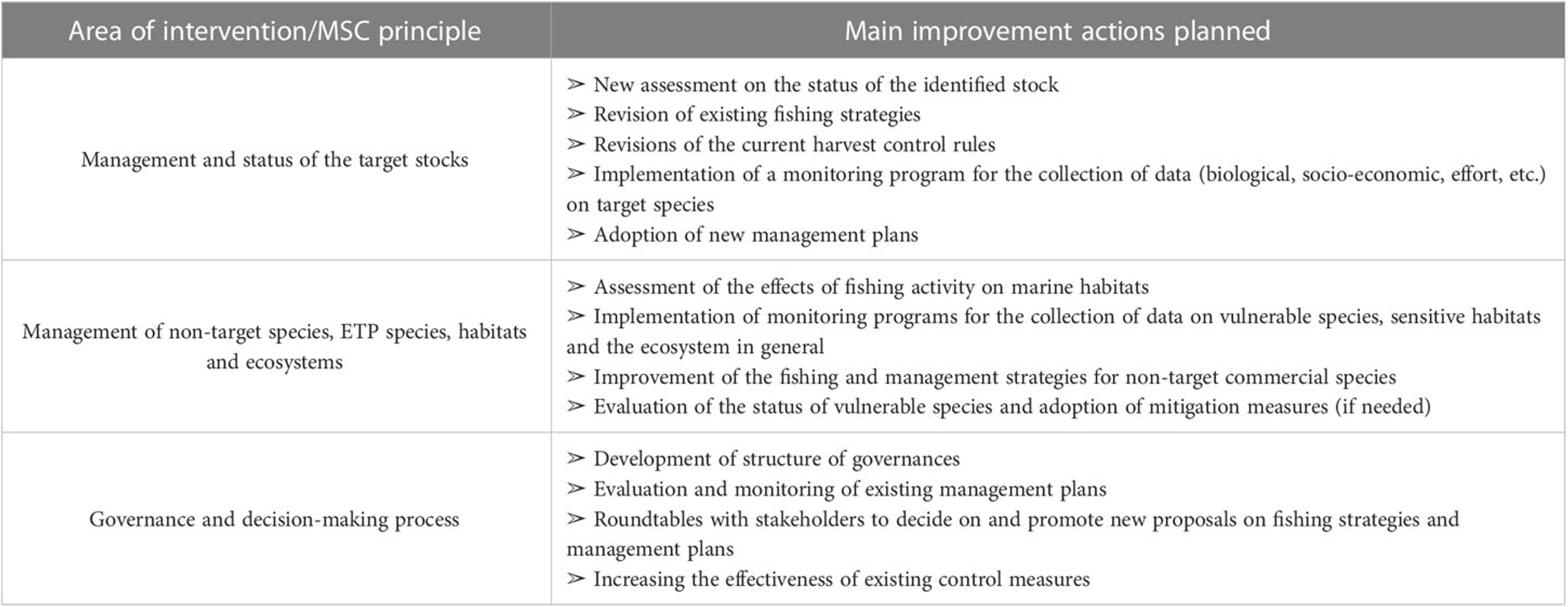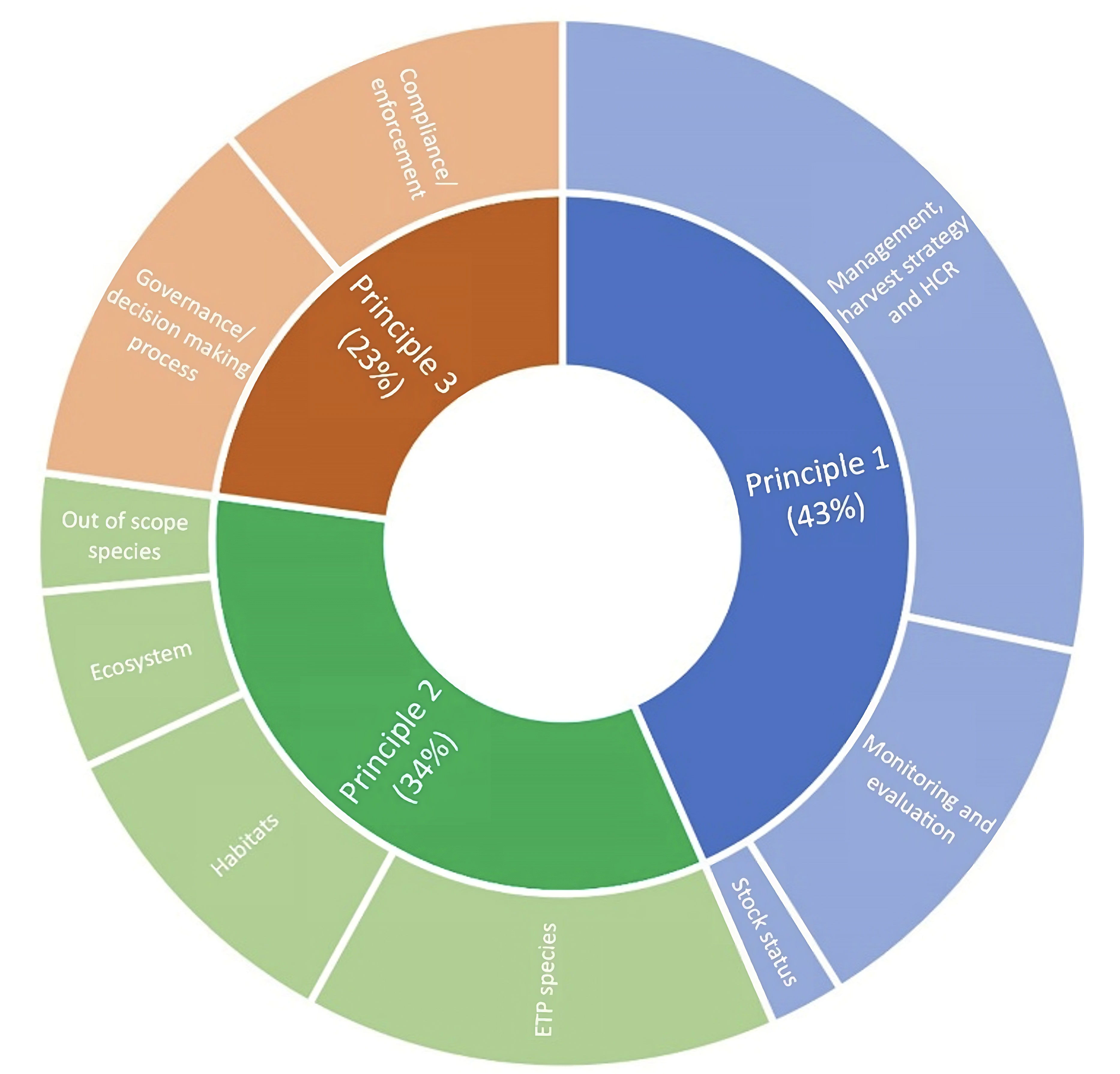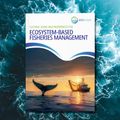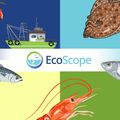EcoScope research: participatory use of quality data can improve sustainability of Mediterranean fisheries
A team of 12 researchers including scientists associated with the EU-funded EcoScope project and Italy’s National Research Council (CNR) and its Institute for Biological Resources and Marine Biotechnology, a key EcoScope partner, published a paper recently in Frontiers in Marine Science titled “Data availability and participatory approach: the right mix for enhancing Mediterranean fisheries’ sustainability”.
“The paper highlights how data and scientific knowledge availability is essential for a detailed mapping and evaluation of fishing activities, but also that the path towards more sustainable and responsible fisheries does not work without a strong participation of all the key stakeholders,” the team stressed.
Even short-term improvement towards sustainability could be made by the selected fisheries examined by identifying and implementing the appropriate actions, they added.
For inspiration on increasing sustainability of the fisheries they examined, the team looks to the assessment approach of the Marine Stewardship Council and its BluFish project, which derives a set of performance indicators for scoring fisheries based on three primary dimensions of sustainability. These are: maintaining sustainable fish stocks, minimising environmental impacts, and effective and compliant fishery management.
In the team’s study, maintaining sustainable fish stocks accounted for 43% of the 219 necessary actions identified for the 6 fisheries serving as case studies; minimising environmental impacts for 34% and improving the effectiveness and compliance of fishery management 23%.
“The most relevant weaknesses identified refer to the low scores obtained for sustainability of stocks, mainly around the Harvest Control Rules (HCR) and the Harvest Strategy indicators, highlighting the importance of improving the management of the assessed stock,” they noted, adding that “a weakness common to all fisheries concerns the lack of up-to-date data, in particular for stock assessment, as well as ‘old’ or absent management plans.”
Key interventions identified for maintaining the fish stocks include assessing the status of the relevant stock, revising existing fishing strategies and current harvest control rules, and implementing a monitoring program for data collection on the target species.
To minimise impacts on the environment and for non-targeted species, the key interventions identified include assessing the effects of the fishing activity on the relevant marine habitats, regularly collecting data on vulnerable species and the general ecosystem, evaluating the status of vulnerable species and adopting any necessary mitigation measures, and improving fishing and management strategies for non-target commercial species as well.

To improve the compliance, governance and decision-making processes within fishery management, key actions identified include developing governance structures, monitoring and evaluating existing management plans, increasing the effectiveness of existing control measures, and holding roundtable meetings with a range of stakeholders to decide on and promote new proposals for fishing strategies and general management.
The present study is in complete support of the EcoScope Project goals, to promote effective and efficient, ecosystem-based approach to fisheries management. The study identifies areas of improvements in the harvest strategy towards an ecosystem-based approach, achieving maximum and continuous participation of stakeholders.

Distribution of improvement actions by principle and main areas of intervention (fisheries concerned: GSA10 ANE PS, GSA18 DPS OTB, GSA11 OCC TRAP, GSA11 SLO GTR, GSA16 ANE PS, GSA16 ARS OTB).





